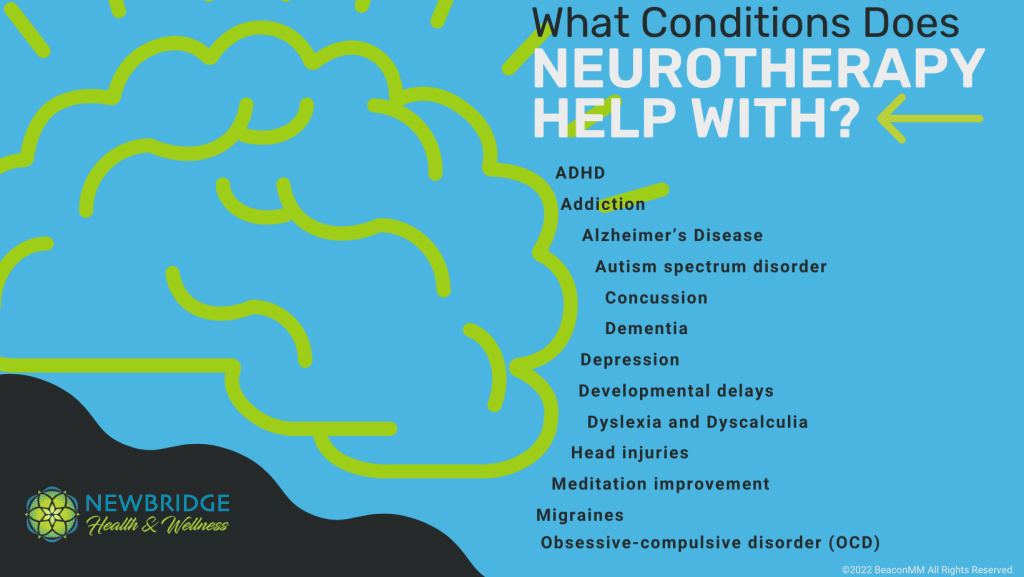Being a kid isn’t easy, but it’s especially challenging for those growing up with a condition that affects their everyday life or development. Modern medicine is a wonderful thing, and it can help diagnose certain conditions such as autism early on, but it doesn’t always have the answers. At the end of the day, no one knows your child like you. As a parent, you know when something is affecting your child’s development, cognition, and emotional health.
If you have an inkling that something may be going on, your first course of action is most likely to take your child to the doctor. And when that happens, there’s a chance that your doctor may recommend medications to help mitigate the symptoms. However, in most cases, that means simply treading the symptoms instead of trying to find the root cause.
So, what can you do? Functional medicine is a potential option for you and your child. We target the root cause of each medical condition with evidence-based treatments that prioritize a natural approach, such as neurotherapy. Here’s a guide on six ways neurotherapy can help your kids with cognition and emotional health.
Are you interested in targeting the root cause of your family’s medical problems with functional medicine? Contact Newbridge Health and Wellness to get started!
What is Neurotherapy?
Neurotherapy combines two individual therapies, neurostimulation and neurofeedback, to treat various neuro-related conditions. The first step is a Quantitative Electroencephalogram (QEEG) to measure brain activity by recording electrical brain waves. This is then interpreted to see how the individual’s brain activity compares to the normal database of others of the same age.
In other words, when you take your child for Neurotherapy, a brain scan will be done to understand its normal function. Then comparing it to others within their age group, our doctors can determine what part of the brain is not working properly. This allows us to find the root cause of your child’s medical problem and work directly on the targeted spot.
Neurostimulation
The first part, neurostimulation, uses puled electromagnetic field stimulation (pEMF) to increase the blood flow to the brain. A 90-minute period of neuroplasticity occurs when this happens, allowing the heightened brain activity to change, create new pathways, and heal.
Neurofeedback
Neurofeedback is the other portion of neurotherapy. It involves using operant conditioning or using positive and negative rewards in the brain. Once your child’s individualized protocol is created, they’ll be asked to watch a series of visual images. As soon as their brain activity changes in the desired direction, they’ll be given audio reward feedback, which will encourage the brain to continue on the new path.
What Conditions Can Neurotherapy Treat?

Several cognitive conditions could benefit from Neurotherapy. Since this treatment type targets the brain function at its root, it can help change the neuropathways and it can help change neuropathways and treat conditions such as:
- ADHD
- Addiction
- Alzheimer’s disease
- Concussion
- Dementia
- Depression
- Developmental delays
- Dyslexia and dyscalculia
- Head injuries
- Meditation improvement
- Obsessive-compulsive disorder (OCD)
- Post-traumatic stress disorder (PTSD)
- Sleep disorders and insomnia
- Stress disorders
- Stroke
- Tinnitus
Although this treatment can treat a wide range of mental conditions, neurotherapy for kids can target cognitive conditions including ADHD, anxiety, depression, insomnia, and head injuries.
Are you interested in transforming your health with functional medicine? Contact Newbridge Health and Wellness to start your journey today!
What Are the Benefits of Neurotherapy?
Neurotherapy is a powerful tool with lots of benefits. After rewriting the brain, with neurofeedback, your child can have heightened memory and focus. Their mood may also improve as their neuropathways change, which can lead to reduce anxiety, reduced depression, and improved sleep, which can booth their overall health and well-being.
The following are six main benefits of doing neurotherapy.
1. Improving Memory
Some studies have shown that neurofeedback therapy could help improve brain plasticity, resulting in improved memory. Greater neuroplasticity is linked to more significant synaptic action in the part of the brain responsible for short-term memory. That can include remembering dates, conversations, and things your child learns at school.
2. Decreasing Anxiety
Children who are struggling with anxiety can find relief with consistent neurofeedback therapy. Anxiety can often result in someone having racing thoughts and restlessness of the mind. We can feel anxious from an overwhelming number of signals called beta waves, while the calmer feedback is restricted. Identifying these brain wave differences with a QEEG can help doctors dictate when your child has anxiety and help correct the brain path to mitigate those feelings.
3. Improving Sleep
If your child is struggling with sleep, Neurotherapy can help reduce insomnia that’s tied to brain impulses. Decreased sleep and insomnia are a result of slow-moving or irregular delta waves. With Neurotherapy, your child can have stimulated brain function that encourages faster moving delta waves to help them sleep better at night and feel more alert during the day.
4. Decreasing Depression Symptoms
Symptoms of depression can have many causes. However, in some cases, they can be tied to slow-moving and irregular delta waves. Consistent Neurotherapy can decrease depression symptoms and improve sleep. If your child is struggling with depression, consult your functional medicine doctor to determine if this may be the right treatment for them. It’s important for parents to know there are lots of treatment options available for depression beyond medication.
5. Reducing Symptoms of ADHD
ADHD is one of the most frequently diagnosed pediatric behavioral health disorders, with 9.8% of American children aged 3-17 being medically diagnosed. This cognitive condition is associated with neuronal dysregulation resulting in high rates of inattentiveness, impulsivity, and hyperactive behaviors.
Using Neurotherapy for ADHD can help stimulate specific parts of your child’s brain that will help motivate it to use a new neuropathway that will mitigate the symptoms of ADHD.
6. Improving Overall Brain Health
Neurotherapy works to encourage the brain to function in a different way. Since these treatments stimulate the brain, they can increase the quantity of white and grey matter in your child’s brain to promote functionality. You may see an increase in your child’s cognitive, behavioral, and emotional function as a result of neurotherapy, because it encourages the brain to work as it should.
Where Can You Get Neurotherapy for Kids?
At Newbridge Health and Wellness, we utilize IASIS MicroCurrent Neurofeedback (MCN) to use brain wave feedback to help your brain reboot itself. Our brains can become stuck in fixed patterns we’re exposed to stress, food, environment, sickness, or injuries. IASIS helps unlock the brain from these patterns and alleviate any related symptoms. Although every person’s brain is different, we can often see positive change within 5-10 sessions.
If you’re interested in learning more about how Neurotherapy can help your child, you can contact Newbridge Health and Wellness. We are a functional medicine practice in Edina, Minnesota that utilizes a natural and holistic approach to care that is rooted in science and supports western medicine.
We have board-certified RNs, nurse practitioners, medical doctors, and physician assistants. As functional medicine providers, we utilize conventional medications alongside other modalities and treatments that are evidence-based. Everything in your body is interconnected, so we take a whole-body approach to ensure we can find and treat the root cause of your child’s condition.
Are you ready to help your child with Neurotherapy? Contact Newbridge Health and Wellness today to get started!


